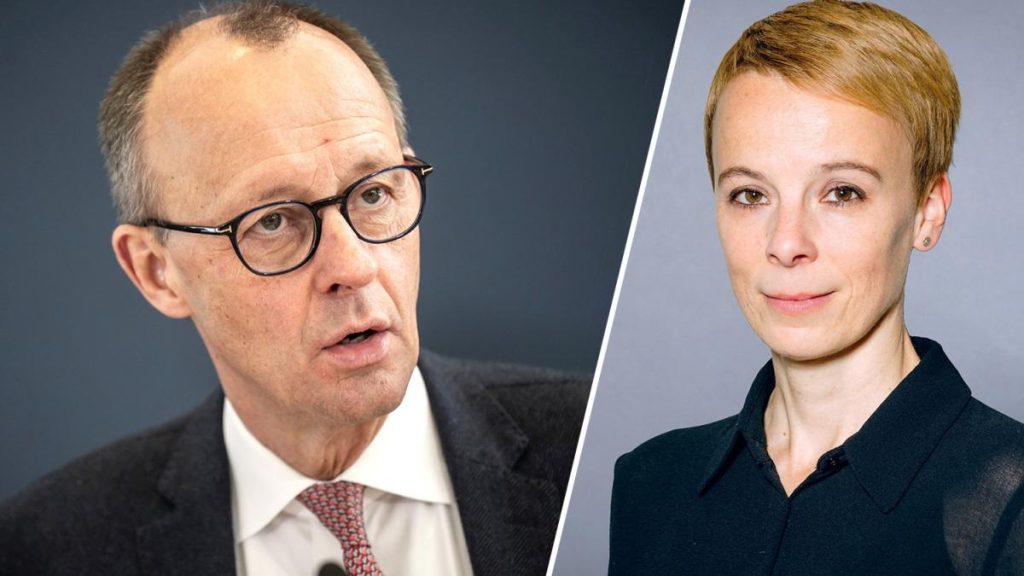CDU-Chief Friedrich Merz is calling for new elections, suggesting a potential breakup of the ruling coalition known as the ‘Ampel.’ Despite the ongoing disagreements within the coalition, Merz’s proposal for snap elections on September 22 is deemed irresponsible as Germany faces multiple crises this year, including critical state elections. The rise of the right-wing AfD poses a serious political threat, with Merz’s talk of new elections potentially strengthening the AfD, which has long demanded this. It raises concerns about how the Union can maintain its credibility in rejecting the AfD while risking the significant damage a government failure would have during this crisis.
Merz’s outspoken rejection of the far-right AfD is contradicted by his advocacy for new elections, which could inadvertently boost the AfD’s standing in polls, surpassing the ruling Ampel parties. This discord within the ruling coalition could turn the budget dispute into a matter of survival for the government. The FDP’s ambiguous stance on new elections leaves room for speculation, complicating the situation further. While the Social Democrats and Greens oppose new elections, viewing the debate as reckless, the FDP’s wavering position adds uncertainty to the coalition’s stability.
Protecting democracy and preventing further political crises should be the priority in the current tense situation. Pursuing new elections would not serve these goals, but rather stabilizing democratic forces within the country, even through robust opposition within the existing legislative framework. It is crucial for all parties to prioritize the well-being of the country over short-term political gains, especially with the upcoming critical elections and the growing influence of far-right political entities like the AfD.
Merz’s push for new elections in the midst of the existing crisis is met with criticism, notably from the FDP, who condemn his approach as ‘delusional.’ This internal discord highlights the fragility of the ruling coalition, raising concerns about its ability to address the multiple challenges facing the country. The ongoing power struggles within the government could further destabilize the political landscape, creating opportunities for extremist groups to capitalize on the chaos.
In this complex and precarious situation, maintaining a unified and stable government is paramount to addressing the pressing issues facing Germany. Merz’s call for new elections risks exacerbating the existing political tensions and empowering far-right forces like the AfD. It is essential for all parties involved to prioritize the country’s best interests and work towards strengthening democratic institutions to navigate through these challenging times. Failure to do so could have far-reaching consequences for Germany’s political landscape and democratic norms.


